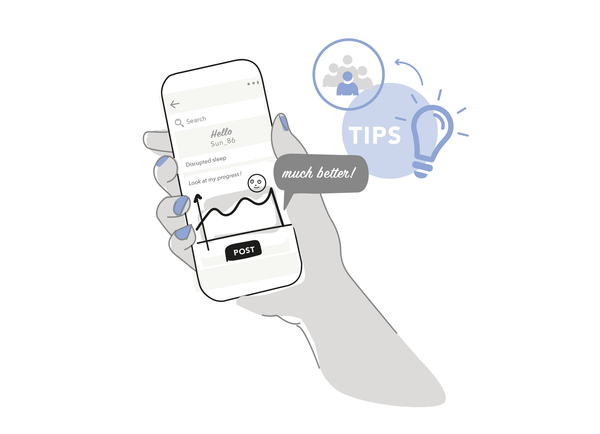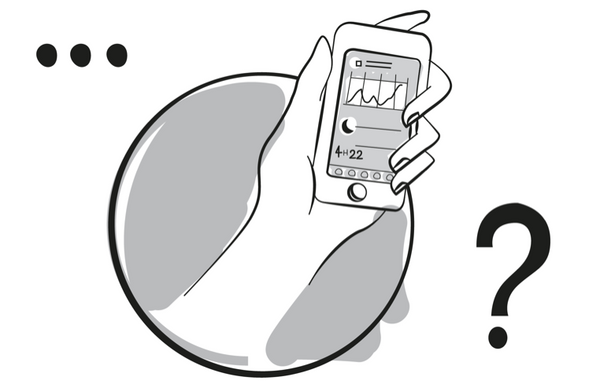Research study
Workshops for Research Co-Creation
Early in the INTUIT programme, we conducted a series of collaborative and creative workshops to discuss self-care practices for living well with HIV and managing the condition.
Through these engagements, we addressed the following questions.
- What does Self-care and wellbeing mean for individuals living with HIV?
- How do they engage in their care in daily life and who is involved in their care?
At these workshops we worked with participants to identify research priorities for the INTUIT programme, plus questions and challenges that were most important from the perspectives of people living with HIV. We also gained qualitative understanding about the experience of self-managing HIV as part of everyday life, and how this shapes wellbeing.
This work included three workshops with 17 participants in total, who were guided through a series of creative and ‘hands-on’ activities including badge and brooch making, hand-drawing, and presenting maps of networks of care - involving family, friends, peers also living with HIV, healthcare professionals, and support charity representatives. One workshop was conducted at the offices of Terrence Higgins Trust (THT) in London, and two at Blue Sky Trust (BST) in Newcastle upon Tyne. Newcastle University (NU) led this study in close collaboration with THT and BST, and with peer researchers in the research team.
Co-Creative Visual Poetic Inquiry
NU researchers and the peer researcher at THT collaboratively developed a creative approach to analyse participants’ contributions to the workshops. The approach draws from poetic and visual forms of inquiry and is called ‘Co-Creative Visual Poetic Inquiry’.
Qualitative data was analysed using Thematic Analysis combined with Visual Poetic Inquiry; illustrated poems were composed from what participants expressed at the workshops. We explored different methods including the illustration, collage and animation of poems. Draft poems and ideas were shared back with participants for their creative input and to assure that these ‘expressions’ represented their experience. Visual poem animations were presented online to stakeholders during the COVID-19 pandemic.
Co-Creative Visual Poetic Inquiry was found helpful for supporting collaborative analysis and the sharing of research findings with a wide range of stakeholder audiences. We have recognised the qualities of this approach and how the co-creative methods effectively supported the more performative communication of findings that retain a closeness to participants’ voiced experiences.
Insights
Participants described Self-care in terms of achieving both physical and psychosocial wellbeing. Self-care and self-management of HIV were found to be interdependent. Most participants felt comfortable sharing with their HIV clinician but expressed diverse opinions about communications with GPs and the broader care provision system. Previous experiences of stigma were highlighted as a barrier for sharing personal health information with HCPs, highlighting a need for more education. Emotional experience of living with HIV was captured, plus the value and meaning of peer support.
Publications
C. Claisse, B. Kasadha, A.C. Durrant (2021) ‘Co-Creative Visual Poetic Inquiry for communicating lived experience of HIV self-management and self-care’. Design for Health, 5 (2), 252-272. Link to publication
C. Claisse, B. Kasadha, A.C. Durrant (2020) ‘Co-creating poetry for communicating individuals’ emotional experience of living with HIV’. Proceedings of Proceedings of the 6th International Conference on Design4Health 1, 3. Link to publication


